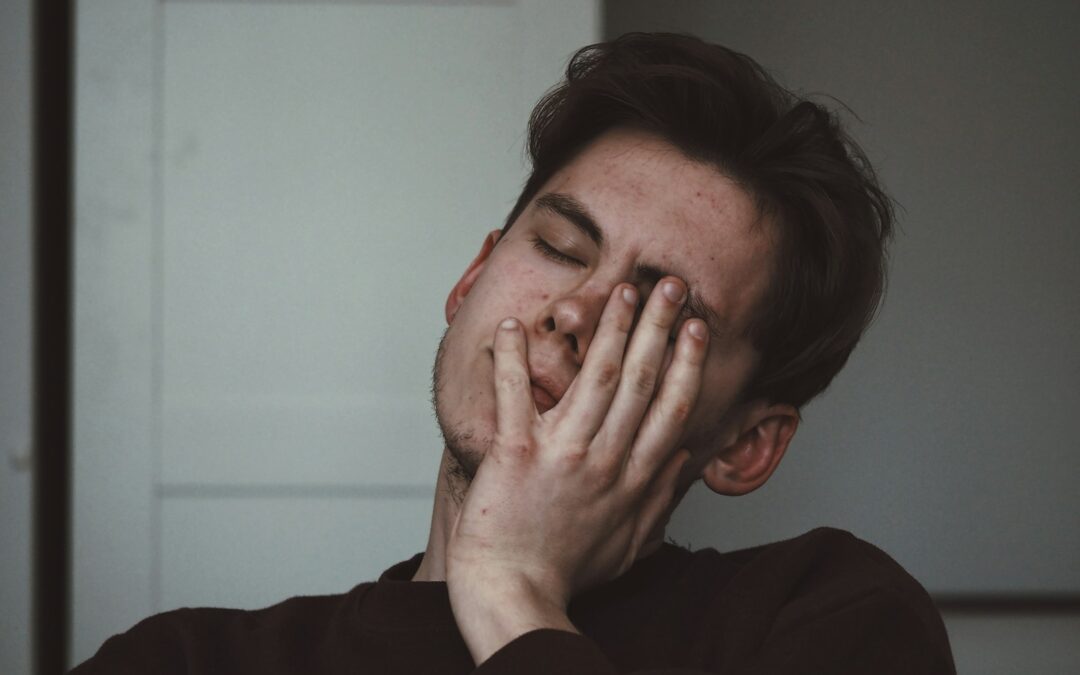Migraine often goes undiagnosed and untreated, and even when treated, early intervention and preventive strategies can be challenging. A recent investigation explores ways to improve the prediction of migraine occurrences using mobile apps that monitor sleep, energy levels, emotions, and stress. The study, featured in the January 24, 2024, online edition of Neurology®, the medical journal of the American Academy of Neurology, discovered that poor perceived sleep quality and lower-than-usual sleep quality the night before were linked to an increased risk of experiencing a migraine the following morning.
Additionally, a lower energy level the preceding day was associated with morning headaches, while heightened stress levels or above-average energy the day before were predictors of afternoon or evening headaches. These distinct patterns underscore the influence of circadian rhythms on headaches, offering insights into migraine processes and potential improvements in treatment and prevention, according to study author Kathleen R. Merikangas, PhD, from the National Institute of Mental Health.
The research involved 477 participants aged 7 to 84, with nearly half having a history of migraines. Through a mobile app, participants recorded mood, energy, stress, and headaches four times daily for two weeks, along with daily sleep quality ratings and the use of sleep and physical activity monitors. Individuals with poorer perceived sleep quality had a 22% higher chance of experiencing a morning headache, while a decrease in usual sleep quality or energy levels was associated with an 18% and 16% increased likelihood, respectively.
Surprisingly, there was no apparent connection between anxiety or depression symptoms and the likelihood of migraine attacks the next day. The study emphasizes the significance of monitoring sleep changes as predictors of headache attacks and underscores the potential value of real-time health-tracking apps in managing migraines, according to study author Tarannum M. Lateef, MD, from the Children’s National Health System. However, the study’s short tracking period poses a limitation. The National Institute of Mental Health supported the study.
Remember, if you need further guidance or support, don’t hesitate to reach out to your mental health professional or contact us for assistance.
